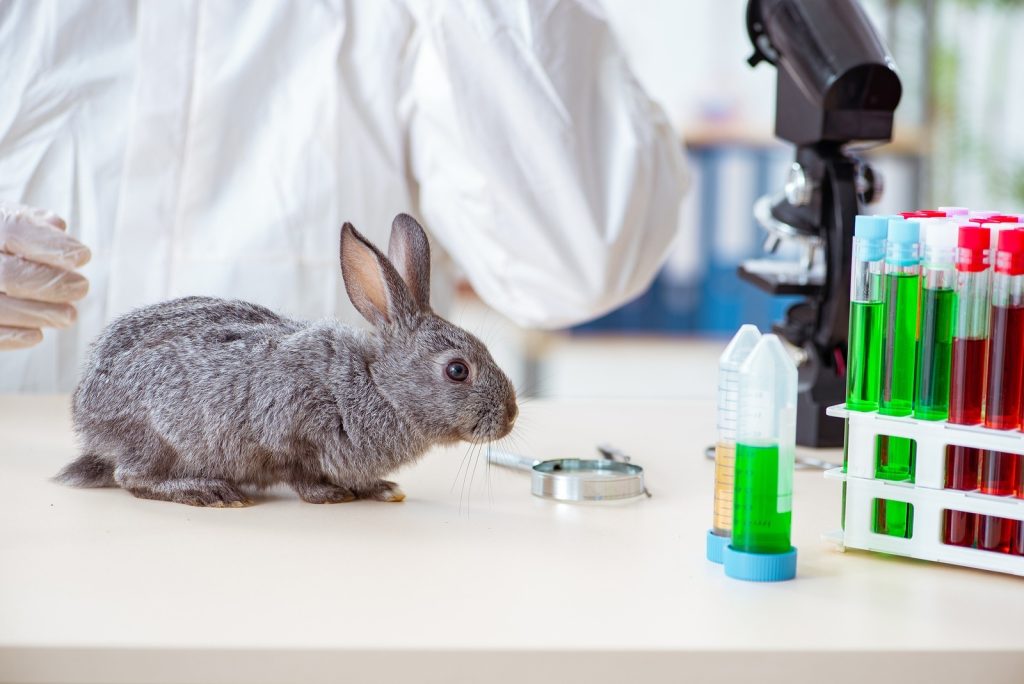
When it comes to animal testing, here at Agenda Life Sciences we always put welfare first – which is why it’s so heartening for us to hear that animal testing has fallen to its lowest level in scientific applications since 2007.
This is according to new statistics from the Home Office, revealing that 3.52 million procedures were carried out on living animals across England, Scotland and Wales in 2018, a drop of seven per cent on the year before, Metro reports.
In particular, the use of rats in experiments fell by 27 per cent, although the majority of procedures (93 per cent) were carried out on mice, fish and rats – which have been used predominantly for the last ten years.
The number of experiments on birds, meanwhile, rose from 130,000 to 147,000, while cats, dogs, horses and primates (all of which are specially protected) made up one per cent of procedures (18,000 in total).
The Home Office – responsible for regulation experiments on animals – has classified testing based on the amount of suffering it causes since 2014. Of the millions of procedures carried out last year, 38.9 per cent were considered mild, 14.7 per cent moderate and 3.6 per cent severe.
The stats also showed that experiments using cats dropped by 20 per cent but the number using dogs went up by 16 per cent and those on primates rose by eight per cent.
Commenting on the figures, director of policy, ethics and governance at the Medical Research Council Frances Rawle was quoted by the news source as saying: “The use of animals in medical research remains essential for us to develop new and better treatments and to understand the biology of disease.
“If researchers are applying for funding for studies involving animals, they must give clear scientific reasons for using them and explain why there are no realistic alternatives.”
At Agenda Life Sciences, we operate a programme that recognises how important welfare within the life sciences sector is. We believe that although animal research does continue to make a valuable contribution to the understanding and development of medical treatments, animals should be treated with dignity and respect at all times.
We support the reduction, refinement and replacement of the use of animals in research. However, until viable alternatives to animals are available across all areas of research, the animals being used in this way should be looked after by professional, well trained and dedicated individuals who are passionate about animal care and welfare.
Our programme is designed to deliver standards of animal care and welfare that consistently exceed regulatory requirements. Our assertion is that caring for the people who care for the animals supports and nurtures a culture of care within the life sciences sector.